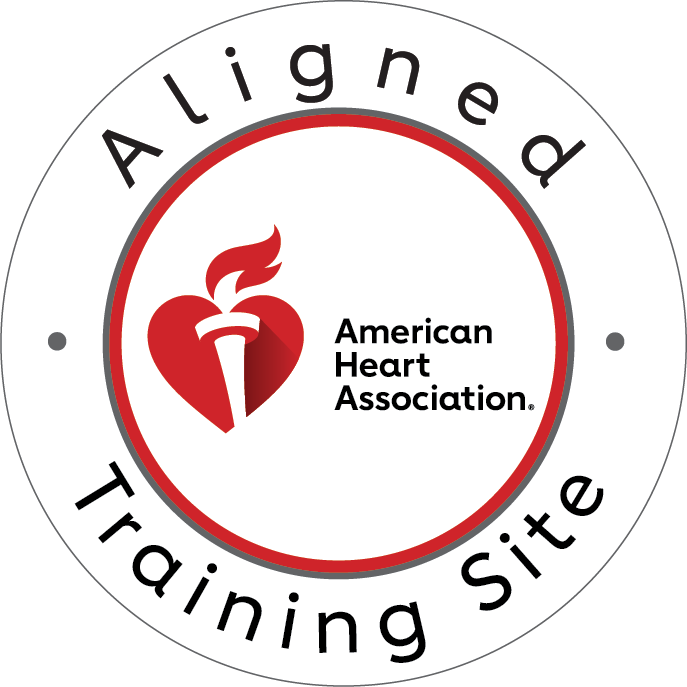Imagine this scenario: you’re at home with your family when suddenly, your child begins choking on a piece of food. Panic sets in as you watch them struggle for air, desperately wishing you knew what to do. In moments like these, every second counts. This is where CPR (Cardiopulmonary Resuscitation) can make all the difference.
CPR isn’t just a life-saving technique reserved for medical professionals; it’s a skill that every parent should possess. In this article, we’ll explore the critical importance of CPR certification for parents and why it’s an essential investment in your family’s safety.
Childhood emergencies can happen when least expected, and having the knowledge and confidence to act swiftly can mean the difference between life and death. According to the American Heart Association, nearly 70% of out-of-hospital cardiac arrests occur in homes, making it imperative for parents to be prepared for such emergencies. While we hope we’ll never have to use CPR on our children, the reality is that is equipped with this skill can save their lives in a crisis.
The Reality of Childhood Emergencies
Statistics paint a sobering picture of the prevalence of childhood emergencies. From accidental drownings in backyard pools to choking incidents during mealtime, the range of potential emergencies is vast and unpredictable. According to the Centers for Disease Control and Prevention (CDC), unintentional injuries are the leading cause of death for children in the United States, highlighting the urgent need for parental preparedness.
One of the most crucial elements in responding to these emergencies is the timely administration of CPR. CPR is a combination of chest compressions and rescue breaths designed to keep blood circulating and oxygen flowing to vital organs when someone’s heartbeat or breathing has stopped. In cases of cardiac arrest, immediate CPR can double or triple the chance of survival, underscoring its critical role in emergencies.
However, it’s not just cardiac events that necessitate CPR intervention. Children can also experience choking, drowning, or other incidents that compromise their ability to breathe. In these scenarios, prompt CPR can mean the difference between life and death, providing crucial support until medical help arrives.
Moreover, the importance of CPR extends beyond the immediate crisis. Administering CPR promptly can prevent irreversible brain damage and improve the long-term prognosis for the child. Every second without oxygen decreases the likelihood of a positive outcome, underscoring the urgency of swift action in these situations.
Empowerment Through Education
CPR certification is more than just a piece of paper; it’s a gateway to confidence and empowerment in the face of emergencies. For parents, the decision to undergo CPR training represents a proactive step towards safeguarding their family’s well-being.
One of the most significant benefits of CPR certification is the confidence it instills. Knowing that you possess the skills to intervene effectively in a life-threatening situation can alleviate fear and uncertainty. Instead of feeling helpless in the face of an emergency, certified parents are empowered to take decisive action, potentially saving their child’s life.
Moreover, CPR training goes beyond teaching mechanical techniques; it fosters a deeper understanding of emergency response protocols. Participants learn to recognize the signs of cardiac arrest, choking, and other life-threatening conditions, enabling them to assess situations quickly and respond appropriately.
This knowledge is particularly valuable in situations where every second counts. In the chaos of an emergency, having a clear plan of action can make all the difference. CPR certification equips parents with the tools and strategies they need to act decisively, minimizing hesitation and maximizing effectiveness.
Perhaps most importantly, CPR training provides practical, hands-on experience that translates theory into action. Participants practice chest compressions, rescue breaths, and other lifesaving techniques under the guidance of qualified instructors, gaining proficiency and confidence in their abilities.
Preparation for Unforeseen Circumstances
Emergencies are inherently unpredictable, and as parents, our foremost responsibility is to ensure the safety and well-being of our children. While we may take every precaution to create a safe environment, accidents can still occur, often when least expected. In these moments, preparation is key, and CPR certification serves as a vital component of a comprehensive emergency preparedness plan.
Consider the scenario of a child choking on a small toy. Without warning, routine playtime can escalate into a life-threatening situation, requiring swift action to dislodge the obstruction and restore the child’s breathing. In such cases, CPR training provides parents with the knowledge and skills to intervene effectively, potentially saving their child’s life.
Moreover, CPR certification prepares parents to respond to a wide range of emergencies, from cardiac arrest to near-drowning incidents. By familiarizing themselves with emergency response protocols and practicing lifesaving techniques, parents can act decisively when every moment counts, minimizing the risk of long-term harm or disability.
But CPR certification isn’t just about learning how to perform chest compressions and rescue breaths; it’s about cultivating a mindset of preparedness and resilience. Certified parents understand the importance of staying calm under pressure, and prioritizing the well-being of their child above all else. This mental readiness can make a significant difference in the outcome of an emergency, enabling parents to think clearly and act decisively in the face of adversity.
Furthermore, CPR certification empowers parents to take an active role in their child’s safety, fostering a sense of confidence and self-reliance. Instead of relying solely on emergency responders, certified parents can initiate lifesaving measures immediately, bridging the critical gap between the onset of an emergency and the arrival of professional medical care.
Conclusion
Parenting comes with its share of worries, but being prepared for emergencies shouldn’t be one of them. CPR certification equips you with the skills needed to respond confidently and effectively in life-threatening situations. From choking incidents to sudden cardiac arrests, your quick action could mean the difference between life and death for your child. Don’t let hesitation stand in the way of your ability to protect your family. Enroll in CPR certification Louisville today and invest in their safety and well-being.
Call to Action: Take control of your child’s safety by enrolling in CPR certification Louisville now. Equip yourself with the knowledge and skills needed to handle emergencies with confidence.




